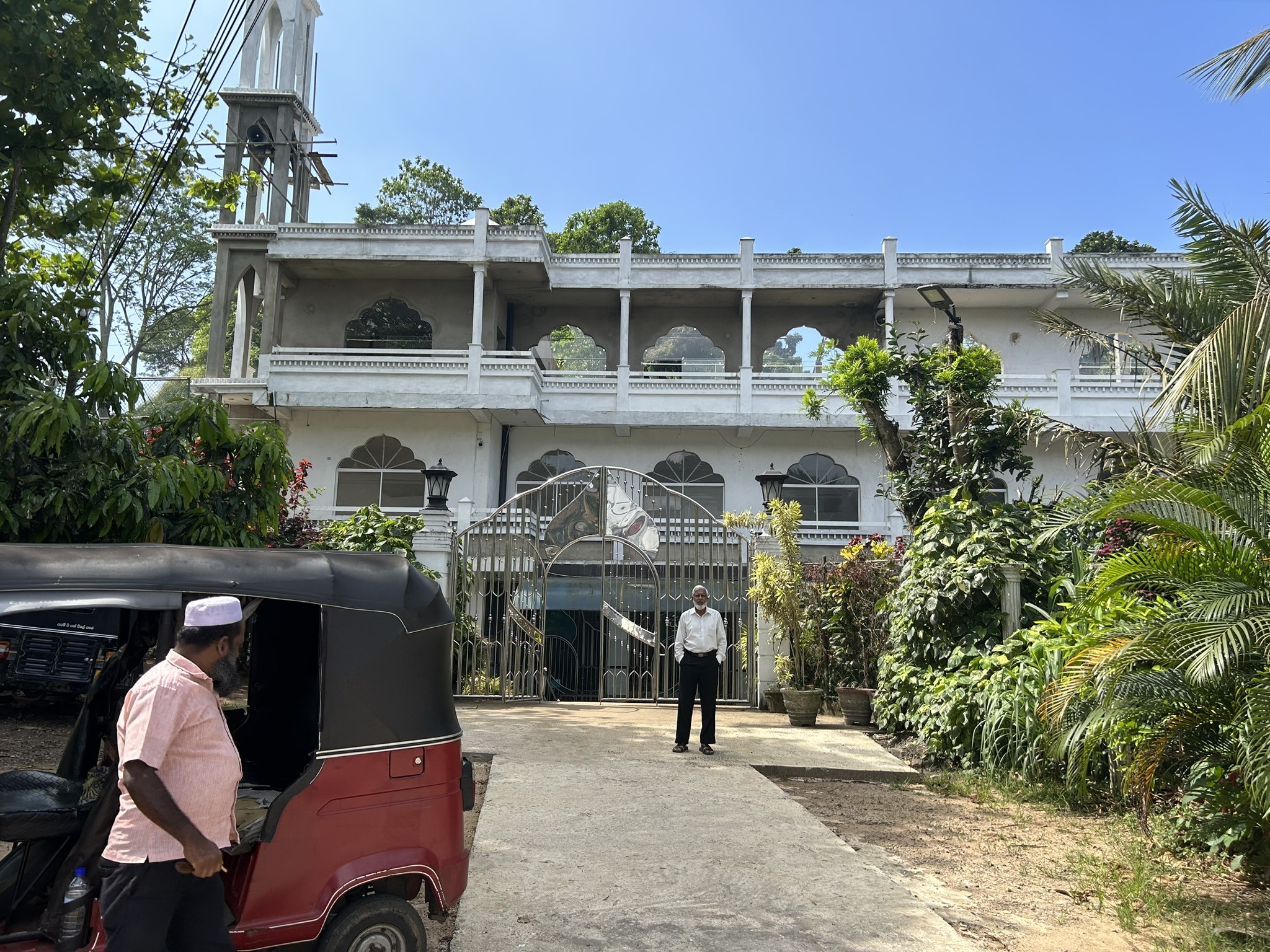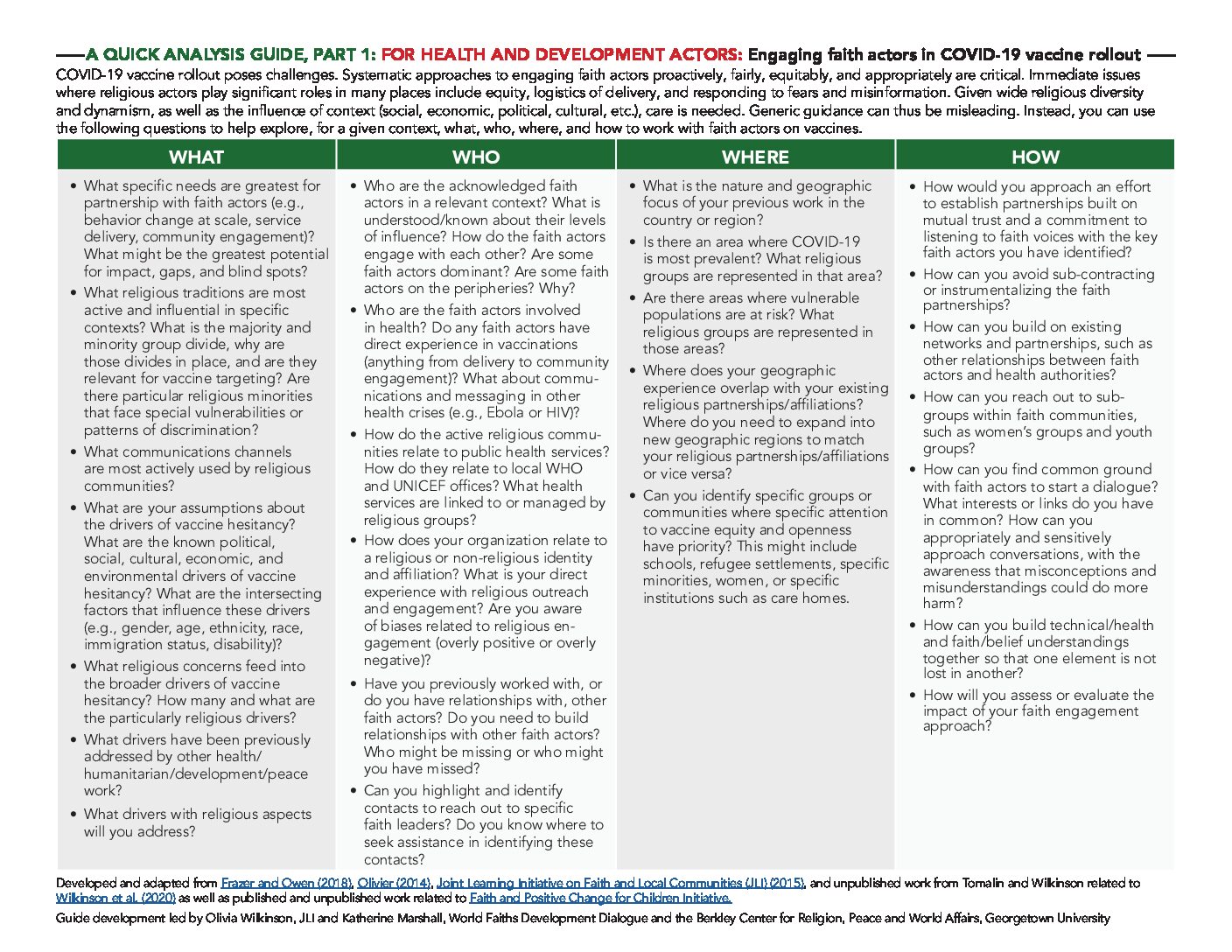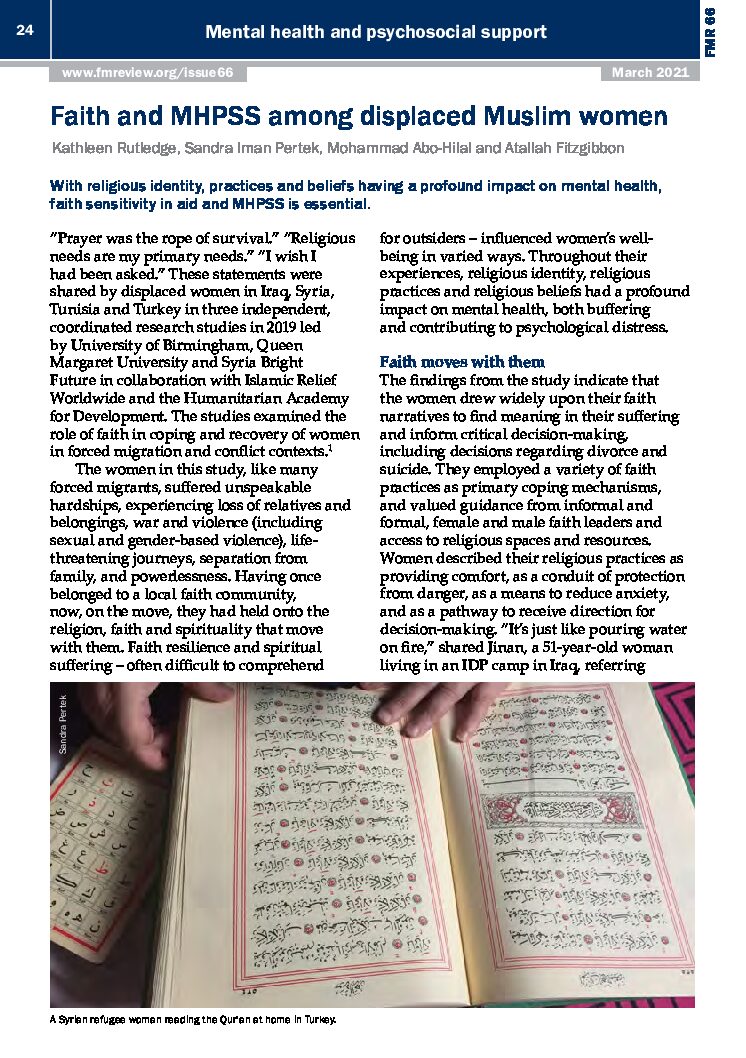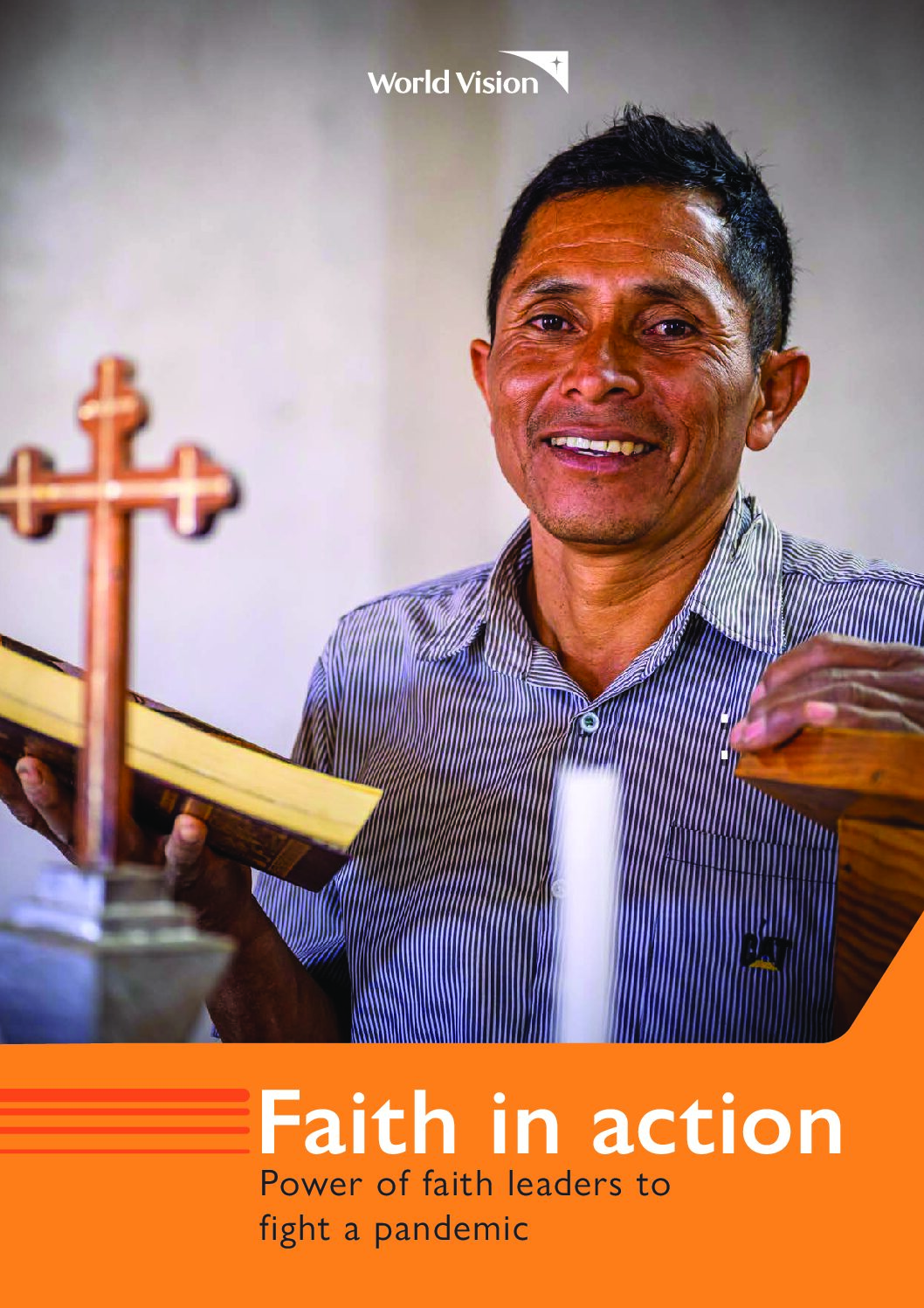“Intangible” contributions to peacebuilding: Can something Transcendent help our societies?
Dr Kathryn Kraft
University of East London

This blog post is part of a series by the Hidden Peacebuilders Network, a global collaboration of researchers, practitioners and faith actors from around the world, who jointly produce and disseminate research on local faith actors and peacebuilding.
We live in a world where peace seems more elusive year on year, and conflicts seem to drag on for longer and longer, creating new waves of human vulnerability, suffering and trauma. The ways in which we are trying to solve the world’s problems are falling well short of an idea that the efforts of good-hearted humans can make so much as a dent in global disorder. It may be time to see if God, or a transcendent power, can do anything to help.
Does the transcendent not belong in science?
When I was a very young academic, just starting out in my career as a sociologist of religion, I wrote a paper which said something along the lines of the following: “Everyone I interviewed had a supernatural experience. For some it was a dream or a vision, but others experienced a miracle such as a healing.” One of my reviewers told me I could not say that in my paper, as I had no way of confirming that they actually experienced something miraculous or supernatural. I pushed back saying that this was what they all told me they experienced, and so my reviewer asked me to rewrite the offending paragraph to make it clear this was hearsay: “Everyone I interviewed TOLD ME they had a supernatural experience…”
It seemed a bit strange to me that I didn’t need to similarly clarify that they “told me” they grew up in X city, or that they “told me” they studied Y at university. I was allowed to write in my paper how many siblings they had or what books they had read, without doing additional research to verify if their statements were true. But when it came to their experience of something intangible, because I did not have evidence, their claims were taken as dubious at best.

This experience early in my academic career shaped my understanding of good research. The intangible role of God, or a higher power, or anything transcendent or beyond human control, does not belong in scholarly activity. We must be empiricists: we can only study that which we can seek, touch, feel or otherwise materially confirm. Further, as a researcher for a global development organization (even though it is a faith-based NGO and my role is to research faith and religion), when it comes to promoting the well-being of children, we are expected to identify impacts which we can materially measure and demonstrate that the NGO’s programming led to those changes.
Research on intangible aspects of faith-based peacebuilding in Burundi, Sri Lanka, and the Philippines
A new research project led by the Hidden Peacebuilders Network is now challenging that notion. Funded by the British Academy, we are exploring the contribution of local faith actors to community resilience, peace and reconciliation, and in so doing we have set out to focus on the ‘intangible’ aspects of their contributions. We are doing this study in various different religious contexts across Burundi, Sri Lanka and the Philippines.
What we mean when we say we study ‘intangibles’, is that we want to understand the things that local religious communities take seriously, and the strategies motivated by their faith, when they are motivated to promote peace in their communities. We are focusing on things like rituals and prayer, engaging with sacred spaces and objects, and the authority of religious narratives.
What we are realizing is that these things are not just human practices with a sociological meaning. These practices are designed to evoke something supernatural or mystical, and engage with a higher power in the hopes of getting divine support for their cause.

We will never be able to empirically measure the power of a deity or something transcendent or even something mystical. Using the principles of the scientific method, we will never prove that something ‘intangible’ caused a certain impact on society. But the fact that we can’t prove it happened, does not prove that it did not happen! Religious actors are very likely to believe in the power of the intangible, so maybe we should not too readily dismiss their approach.
An alternative to ‘bracketing’ religious beliefs in research?
For decades, social scientists were told to ‘bracket’ religious beliefs, that is, set them aside. A concept made popular by theologian-sociologist Peter Berger, bracketing says that religious beliefs and intangibles are entirely valid but have no place within a social scientific study of human phenomena. In other words, beliefs about the intangible belong inside religion but not in a study of society. The problem with this, however, is that if we want to support humanitarian objectives by engaging with people of faith, we are limiting the scope of our ability to understand what might be happening and what can happen. We act as if their religious beliefs are less important than ‘science’, which means we might not notice if something intangible is also happening.
If the intangibles, the power that can be evoked by faith, can be evoked by humanitarians and researchers alike, then why not include this tool in our toolbox? It might prove to be more powerful than anything an empirically-informed approach to society has offered us.




0 Comments